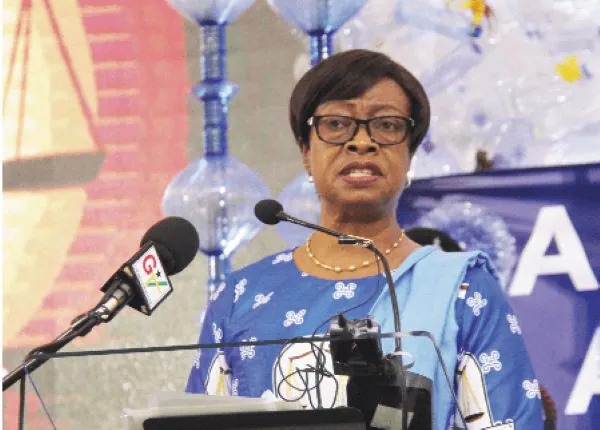Former Chief Justice Sophia Akuffo has urged Ghana to reform its constitutional process for removing a sitting Chief Justice, arguing the current system grants excessive power to the executive branch and undermines judicial independence.
Speaking at a Constitutional Review Committee hearing in Accra on April 30, Akuffo criticized Article 146 of the 1992 Constitution, which allows the president to appoint a five-member committee to investigate misconduct allegations against the Chief Justice.
Under existing rules, the president selects two Supreme Court justices and three non-political appointees to review petitions, with findings finalized behind closed doors and no option for appeal. Akuffo described this framework as inherently flawed, advocating instead for an independent investigative body modeled after Kenya’s Judicial Service Commission. “There must be a provision for appeal, and an independent body rather than a presidentially appointed committee should handle such cases,” she said, according to the Ghana News Agency.
The proposals were presented during a session organized by the Institute of Economic Affairs, which supports the committee’s broader mandate to review Ghana’s constitution. Chaired by constitutional scholar Professor H. Kwasi Prempeh, the panel also heard from former Speaker of Parliament Aaron Mike Oquaye and ex-Council of State member Sam Okudzeto, who suggested reforms on issues including local elections and natural resource governance.
Akuffo’s push reflects longstanding concerns over executive influence in judicial matters. Critics point to the 2017 impeachment of Electoral Commission Chair Charlotte Osei, widely perceived as politically motivated, as evidence of systemic vulnerabilities. Similar debates resurfaced recently amid discussions about Chief Justice Gertrude Torkornoo’s tenure, highlighting tensions between accountability and judicial autonomy.
Ghana’s constitution, drafted during its transition to multiparty democracy, has faced repeated calls for updates to address governance gaps. The current review process, though slow-moving, offers a chance to recalibrate checks and balances. As African nations grapple with democratic backsliding, Ghana’s efforts to insulate its judiciary from political interference could set a regional precedent, reinforcing the judiciary’s role as a pillar of democracy rather than an extension of executive authority.
